Our All-Time Favorite Books (Which You Should Also Read)
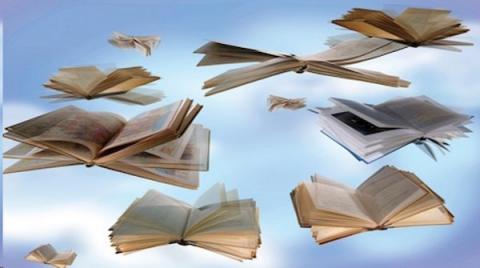
All of us treasure a few books in our lives, which we read and reread and pass onto future generations. These books managed to bore themselves into our brains and hearts, and some even had the power to shape who we are today.
In honor of PBS’s The Great American Read – which selected Harper Lee’s To Kill a Mockingbird as America’s favorite book -- Highbrow Magazine writers and contributors list their all-time favorite book, which stands head and shoulders (so to speak) above the rest of the musty books in their personal libraries.
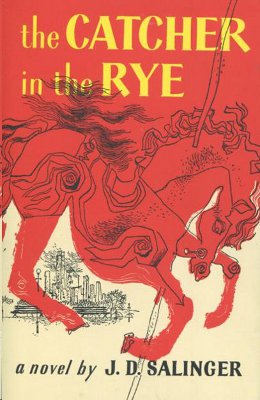
My personal all-time favorite book is J.D. Salinger’s The Catcher in the Rye. Having spent most of my childhood in Europe, I was late in discovering American literature (I was too busy studying Shakespeare and Flaubert and Graham Greene). I read The Catcher in the Rye in my freshman year at university in one sitting – I was unable to put the book down. I was enamored of Holden Caulfield, the hero (or anti-hero some would say) of the story, whose brutally honest, tell-it-like-it-is, heartwarming narrative captured me. I thought J.D. Salinger was a genius, and I immediately went to the bookstore and purchased all his books. To this day, he remains one of my all-time favorite writers. The Cather in the Rye is the reason I decided I wanted to write for a living – to live a life surrounded by words, and literature, and writing, and books.
--Tara Taghizadeh, Founding Editor and Publisher--
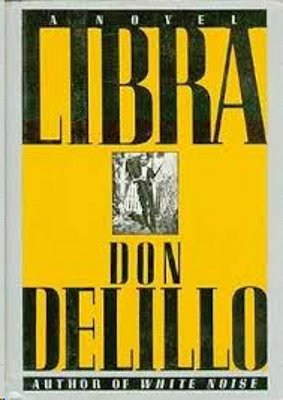
Each of the novels I’ve chosen below is based in part on “real-world” historical figures, from Lee Harvey Oswald and Thomas Cromwell to the Cambridge spy Anthony Blunt. In these books, these individuals become fully realized, flesh-and-blood creation on the page, transformed by the powers of literary imagination.
Libra (1988) by Don DeLillo
The author, whose body of work predicted 9/11, looks backward on the Kennedy assassination. DeLillo reinvents the capricious figure of Lee Oswald, caught in a tangled conspiracy leading to the great American tragedy of November, 1963.
The Untouchable (1997) by John Banville
A masterful recreation of the world of the British upper class, which spawned a cadre of spies and traitors from the 1930s on. Victor Maskell is the “Untouchable,” an all-too-human double agent whose life is riddled with innumerable secrets and lies.
Wolf Hall (2009) by Hilary Mantel
In this Booker Prize-winning novel, the author recreates the “hot mess” of King Henry VIII’s court in the 1520s. Mantel’s greatest achievement is the riveting figure of the king’s adviser, Thomas Cromwell, a complex, ruthless master of palace intrigue.
--Lee Polevoi, Chief Book Critic--
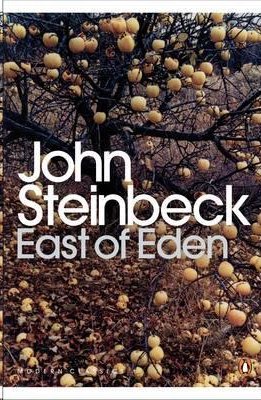
Maybe because I grew up in California, maybe because I felt the longings and wanderlust of my adolescence when I first read John Steinbeck’s great saga, East of Eden, the book has remained close to my heart. It captures the heat and the beauty of Steinbeck’s own Salinas Valley, so that the landscape becomes as big as the characters themselves. It is also about the hunger for love and acceptance, the push and pull to find one’s place in the world. And finally, in Steinbeck’s own words, “We only have one true story…the never-ending contest in ourselves of good and evil.”
--Sandra Bertrand, Chief Arts Critic--
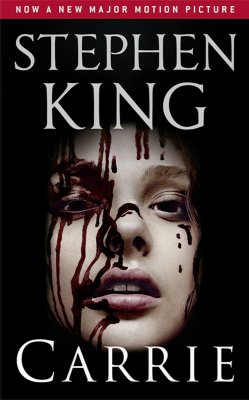
My all-time favorite book is Carrie by Stephen King. I love this novel because even though I know what’s going to happen, it still manages to keep me hooked. It’s different because the protagonist, Carrie, could be considered evil. Yet, we are able to look into every other character’s perspectives and struggle to find a character that isn’t flawed in some way. The book has stood out to me because it was the first time I experienced a protagonist who wasn’t “good,” but wasn’t necessarily “evil” either. There were times I cried reading it because I felt bad for Carrie. Stephen King did a great job in making the characters real through their thoughts and feelings.
--Caitlin Cohen, Contributing Writer--
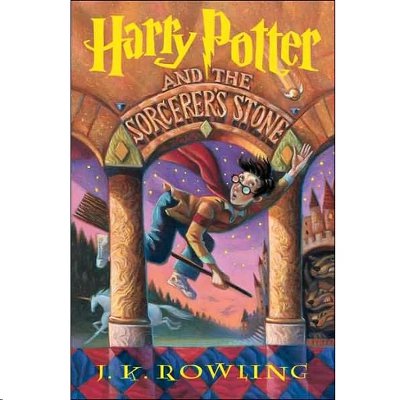
I was making a concerted effort to sound smart in my choice for greatest novel of all time, so naturally I landed on the Harry Potter series by J.K. Rowling. I will concede that Ms. Rowling isn’t the most natural or eloquent novelist of all time (or any time, really), but there is no other realm on this planet that can make me feel as wonderful, youthful, or giddy as does the Wizarding World.
--Sam Chapin, Contributing Writer--
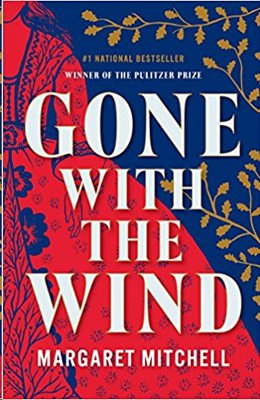
One of my favorite books has always been Gone With the Wind. It's a tale of hope against the greatest odds, as Scarlett O'Hara is dethroned from her genteel lifestyle and forced to march into the future. Yes, she can be viewed as selfish, and yes, she's one of the bad guys in terms of partaking in a society built upon slavery, but she's a survivor too, as the world as she knew it changes before her very eyes. At one point, Scarlett's neighbor, Grandma Fontaine, says: “We bow to the inevitable. We're not wheat. We're buckwheat. When a storm comes along it flattens ripe wheat because it's dry and can't bend with the wind. But ripe buckwheat's got sap and it bends. And when the wind has passed, it springs up, almost as straight and strong as before. In these trying days of great political mess, these words, along Scarlett's final words, are a source of hope: Tomorrow is another day.”
--Barbara Noe Kennedy, Contributing Writer--
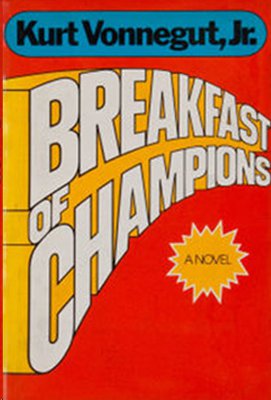
The Sirens of Titan made the PBS list, but I'm more fond of Breakfast of Champions, which handles the caustic effects of loneliness eating their way through American society (P.S.: that same atomization has only grown worse). While Kurt Vonnegut didn't consider Breakfast of Champions his best work, giving it a C grade, it captures lonely people driving themselves to insanity and, of course, a subplot of a writer interacting with his creator.
Runners up: The Road by Cormac McCarthy, which I read over the space of a car trip to Vermont and cried at the end. And The Age of Innocence by Edith Wharton, which was so emotionally crushing at its conclusion, I almost threw the book across the room.
--Adam Gravano, Contributing Writer--
For Highbrow Magazine




























































































































































































































































































































